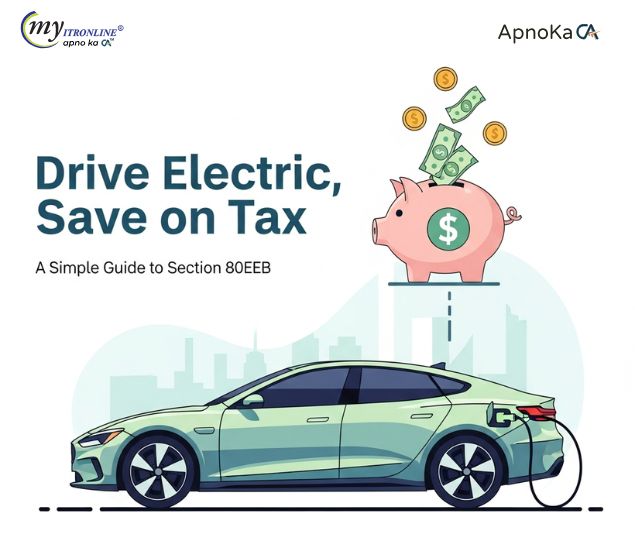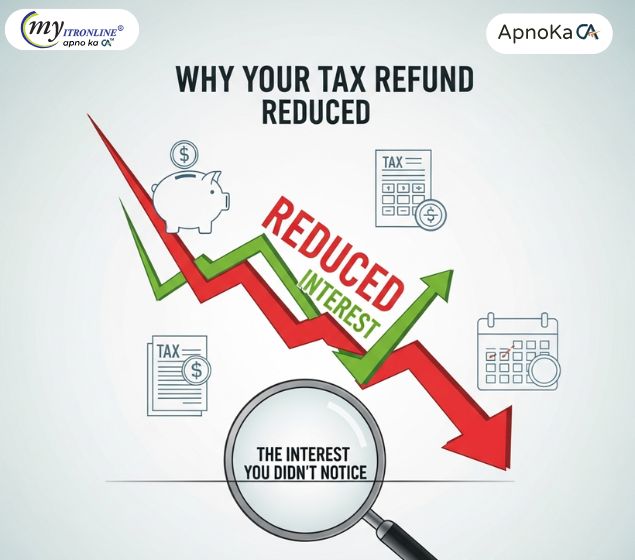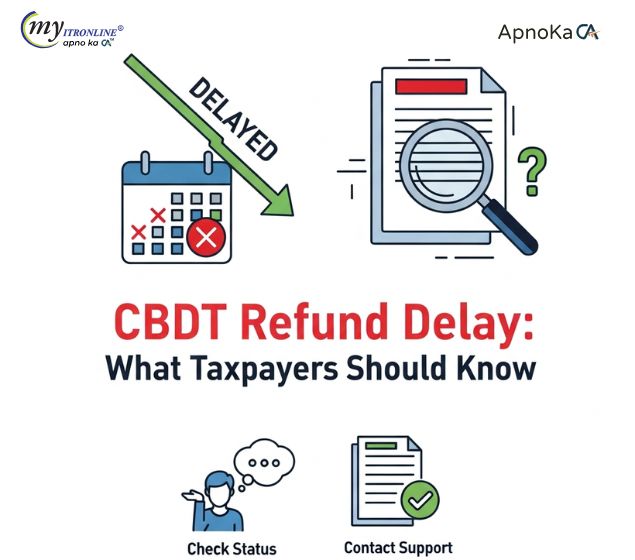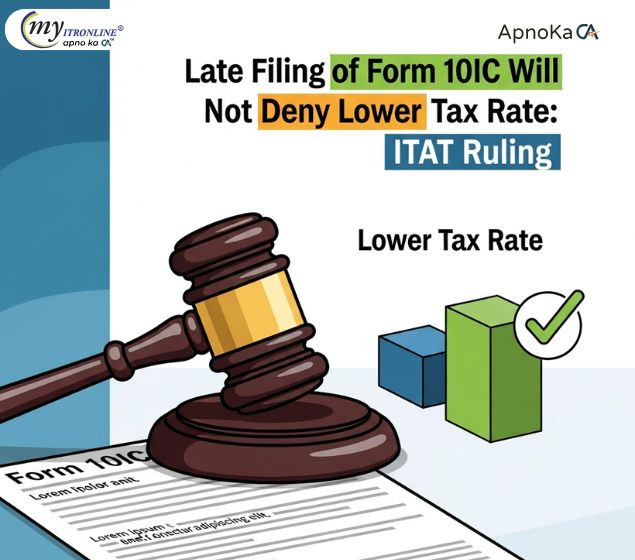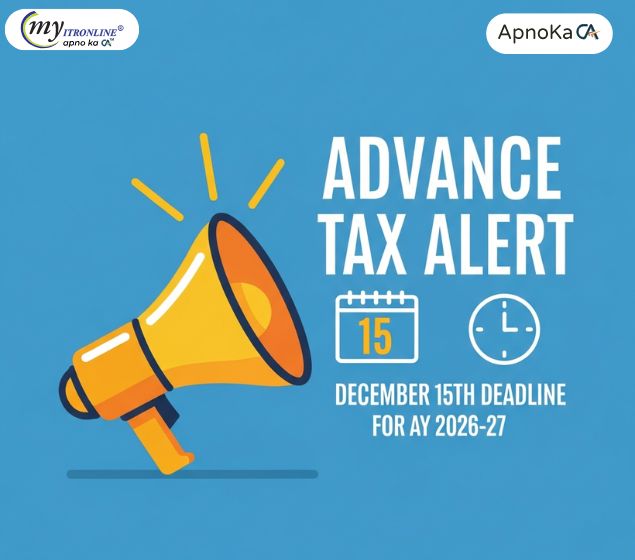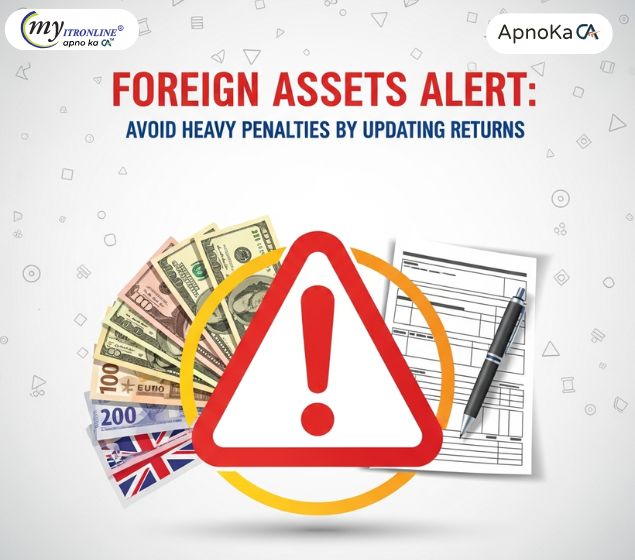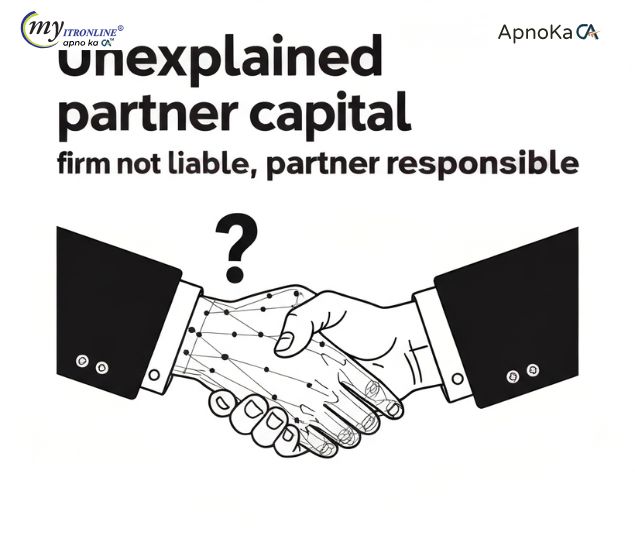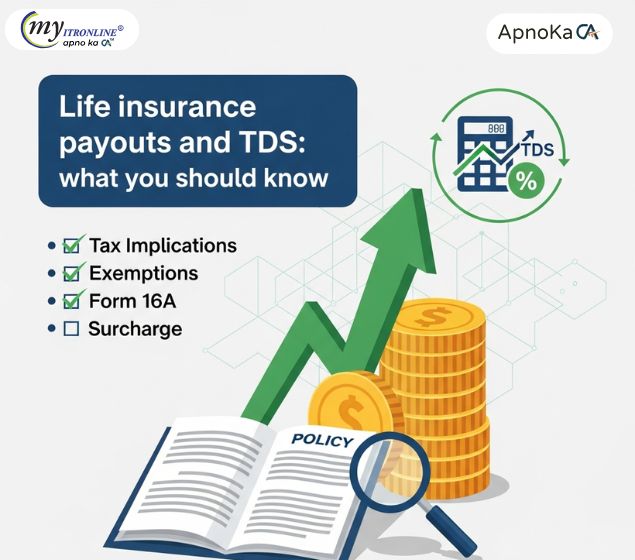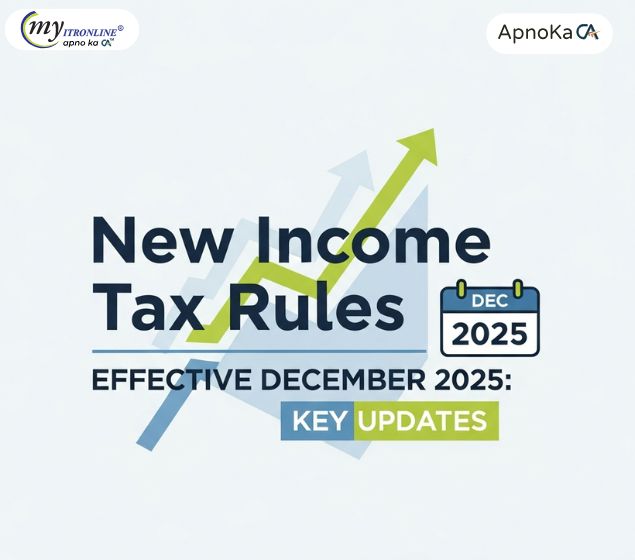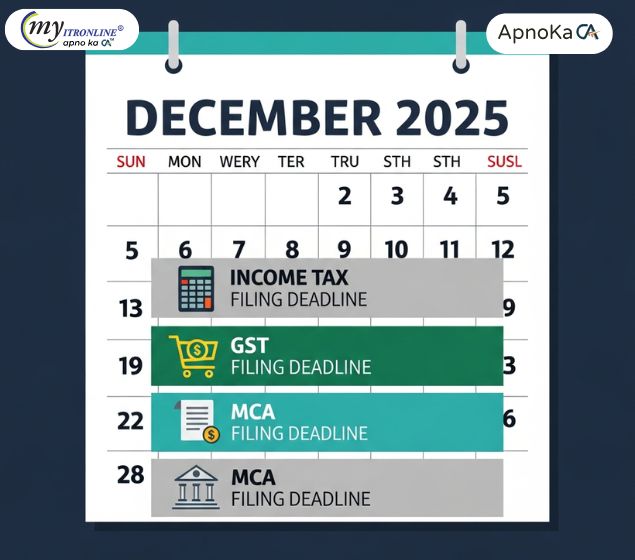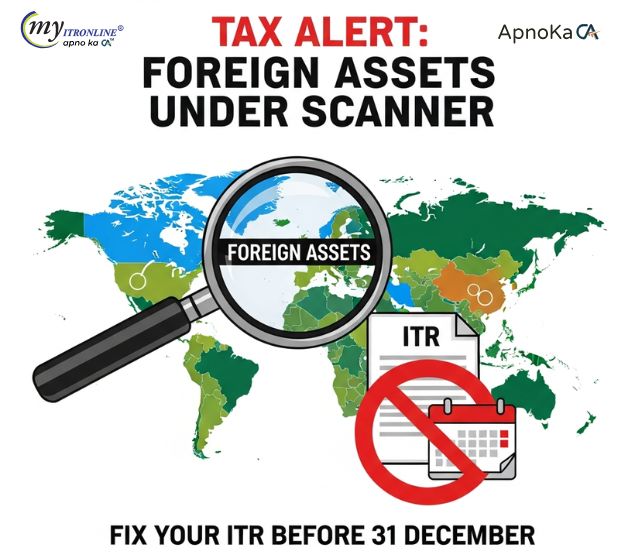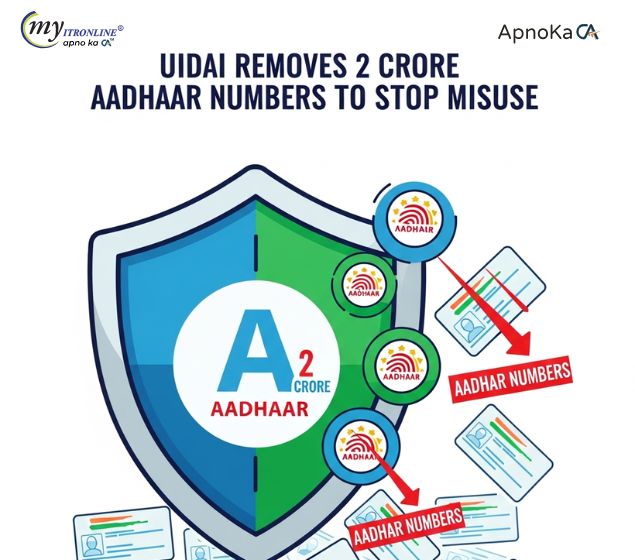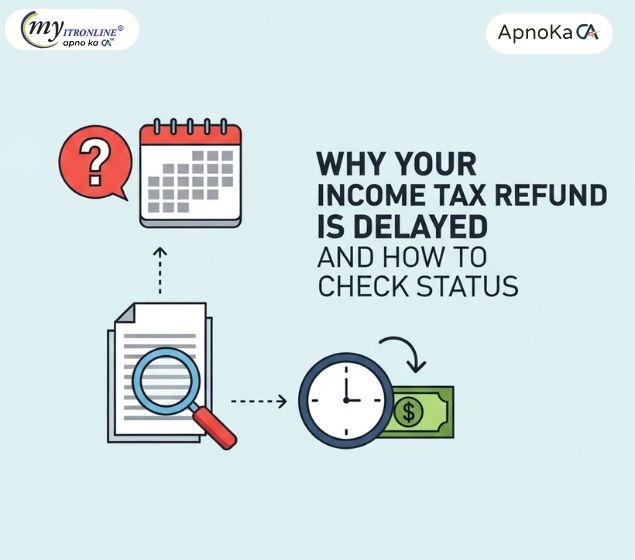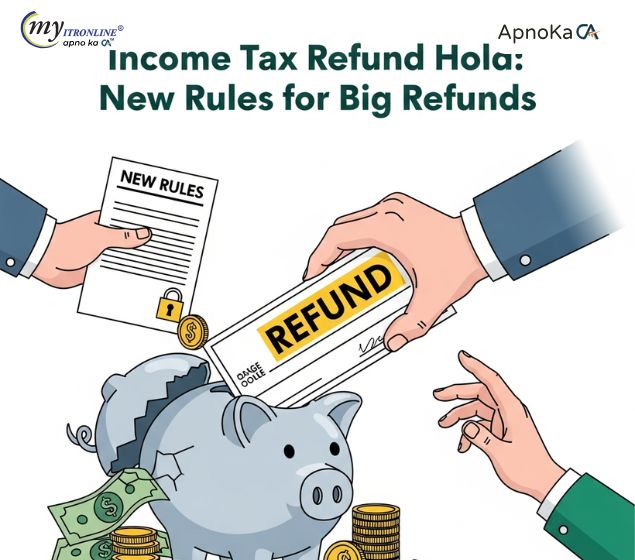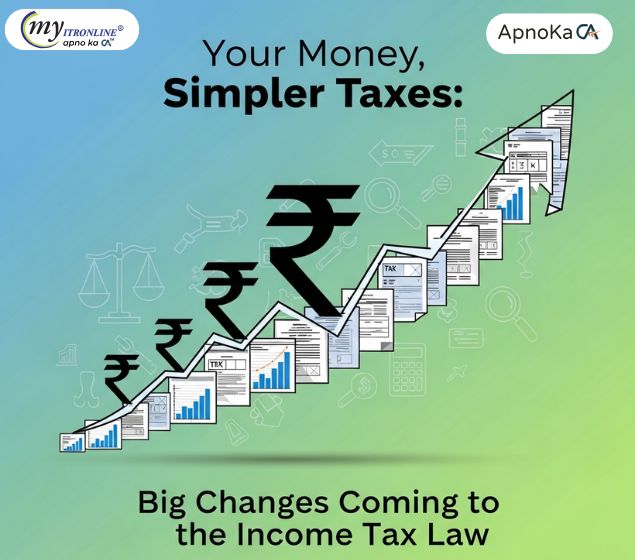The Tax Advantage of IRFC Zero Coupon Bonds After CBDT's Latest Specification
The CBDT has notified IRFC's Ten-Year Zero Coupon Bonds under the Income Tax Act, potentially making the maturity proceeds tax-exempt under Section 10(15)(iv)(h). This offers a significant tax advantage for long-term investors compared to non-notified bonds.
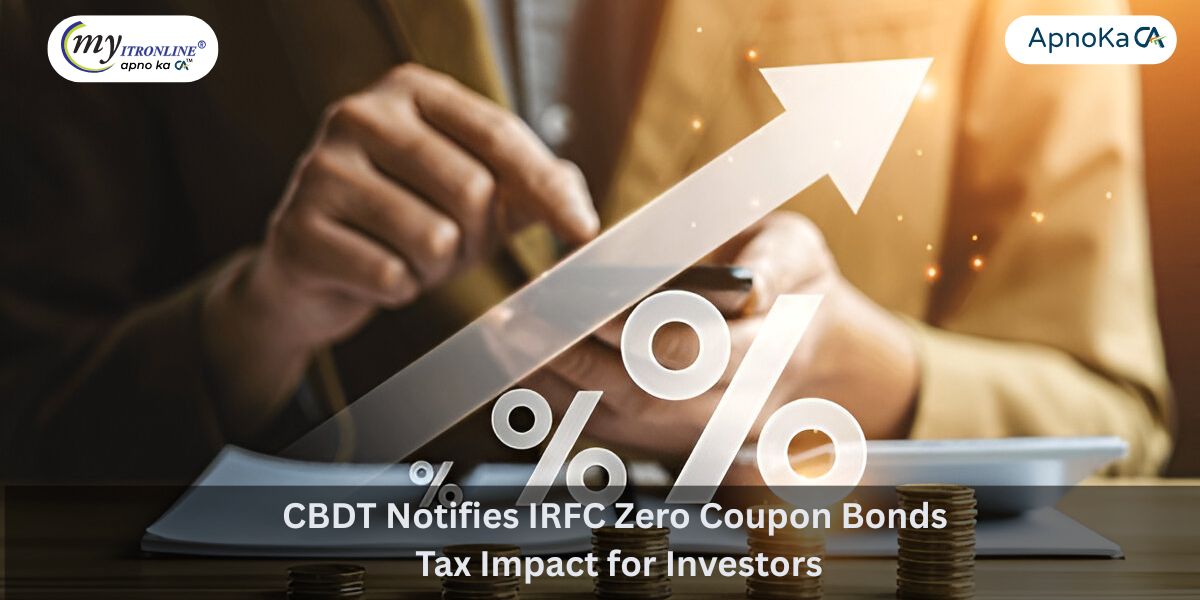
CBDT Designates IRFC Ten-Year Zero Coupon Bonds: A Look at the Tax Consequences for Investors
A recent important development for both the fixed-income market and investors has emerged, as the Central Board of Direct Taxes (CBDT) has officially recognized the Ten-Year Zero Coupon Bonds issued by the Indian Railway Finance Corporation Ltd (IRFC) for specific purposes under the Income Tax Act of 1961. This announcement, reportedly made through Notification No. 43/2025 on May 14, 2025, clarifies the tax treatment applicable to these bonds and influences how the returns on such investments will be taxed.
The CBDT's action is significant given that the tax treatment of zero-coupon bonds, especially the income realized at maturity, largely hinges on whether they have been officially 'notified' by the Central Government for the purposes of the Act.
What are Zero Coupon Bonds?
Before examining the specifics of the CBDT's notification, let us clarify what zero-coupon bonds are. Unlike traditional bonds that provide periodic interest payments (coupons) to investors, zero-coupon bonds do not offer any such regular returns.
Instead, these bonds are sold at a deep discount to their face value. An investor’s return comes from the difference between the discounted price and the full face value received at maturity. For instance, an investor might purchase a zero-coupon bond with a face value of ₹10,000 that matures in ten years for ₹5,000. The ₹5,000 difference constitutes the return earned throughout the bond's duration.
Zero-coupon bonds tend to appeal to investors who have long-term financial objectives and do not need regular income from their investments. They remove the reinvestment risk tied to coupon payments and promise a predictable lump sum at maturity.
About Indian Railway Finance Corporation Ltd (IRFC)
The Indian Railway Finance Corporation Ltd (IRFC) operates as a Public Sector Enterprise under the supervision of the Ministry of Railways. Its main function is to secure financial resources for the development and operation of Indian Railways. As a government-supported organization, bonds issued by the IRFC are typically viewed as having high creditworthiness and low risk.
The Importance of the CBDT Notification
The CBDT's designation of IRFC's Ten-Year Zero Coupon Bonds under relevant provisions of the Income Tax Act of 1961 marks a vital advancement. Although the complete details of Notification No. 43/2025 would provide thorough clarity, the primary implications of a zero-coupon bond being "notified" generally relate to its tax treatment.
Specifically, this notification is believed to pertain to Section 2(48) and possibly Section 10(15)(iv)(h) of the Income Tax Act.
-
Section 2(48):
This section provides a definition of a "zero coupon bond" according to the Income Tax Act. To qualify for treatment as a zero-coupon bond for tax purposes, a bond must fulfill this definition. The CBDT's notification regarding the IRFC bonds under this section affirms their classification as such.
-
Section 10(15)(iv)(h):
This section addresses income that is exempt from total income (exempt income). Traditionally, interest income from certain bonds issued by public sector undertakings (PSUs) and recognized by the Central Government under this section has been excluded from taxation. Although zero-coupon bonds do not provide periodic interest payments, the revenue obtained at maturity (the difference between the issuance price and face value) constitutes the "yield" or return. The notification of these IRFC bonds under this section, especially concerning the maturity proceeds, suggests that the income received at maturity may be tax-exempt, contingent upon meeting specific criteria (like retaining the bond until maturity).
This offers a considerable advantage in comparison to zero-coupon bonds that are not notified, where the difference between the issue price and redemption value is generally regarded as interest income and taxed according to the investor's applicable income tax bracket.
Tax Implications for Investors
With the CBDT's notification, the tax treatment for investors holding these designated IRFC Ten-Year Zero Coupon Bonds until maturity is anticipated to be very favorable.
-
Tax Exemption at Maturity:
The most notable benefit is the potential tax exemption of the entire gain (face value less issue price) upon redemption at maturity, as indicated by the notification under Section 10(15)(iv)(h).
-
No TDS:
Given that the income at maturity is exempt, there will typically be no Tax Deducted at Source (TDS) on the proceeds received upon maturity of these bonds.
-
Capital Gains on Transfer (If Applicable):
Should these bonds be sold before maturity, any profits realized would likely be classified as capital gains. The distinction between short-term and long-term capital gains would be determined by the holding period (usually 12 months for bonds). However, the main tax advantage is obtained by holding the bond until it matures.
The tax-exempt characteristic makes these notified IRFC zero-coupon bonds especially appealing for various types of investors, including individuals, Hindu Undivided Families (HUFs), and trusts, who seek long-term, stable, and tax-friendly investment options.
Potential Use for Capital Gains Exemption (Section 54EC)
While the recent notification chiefly concerns the tax treatment of the zero-coupon yield itself, it's important to mention that certain bonds issued by IRFC have been historically qualified investments under Section 54EC of the Income Tax Act. Section 54EC permits taxpayers to seek exemption from long-term capital gains tax arising from the sale of designated long-term assets (like land or buildings) by reinvesting the capital gains in specified bonds within a defined period.
It remains to be seen whether this particular series of Ten-Year Zero Coupon Bonds is also identified or eligible under Section 54EC. Nevertheless, IRFC bonds are usually listed among the instruments eligible for this exemption, subject to specific notifications and restrictions. Investors aiming to reduce capital gains tax under Section 54EC should confirm the eligibility of this specific bond series.
Conclusion
The CBDT's recognition of IRFC's Ten-Year Zero Coupon Bonds represents a beneficial development for investors seeking tax-efficient fixed-income instruments backed by a government entity. The probable income tax exemption on maturity proceeds under Section 10(15)(iv)(h) renders these bonds an attractive choice for long-term financial planning, such as retirement or managing significant future expenses.
Individuals evaluating these bonds should examine the official CBDT notification and the bond's offer document for comprehensive information regarding the terms, conditions, and tax consequences. It is advisable to seek guidance from a tax advisor to comprehend how this investment aligns with your broader tax and financial planning strategy. This initiative underscores the government's commitment to raising funds for essential infrastructure projects via market instruments while providing appealing, tax-efficient options for investors.
FILING YOUR INCOME TAX RETURN F.Y 2024-25 (A.Y. 2025-2026) WITH MYITRONLINE
The income tax filing deadline is right around the corner. If you haven’t filed yet, do it today with Myitronline! Avoid last minute rush and file your tax return today on MYITRONLINE in Just 5 mins.(www.myitronline.com)
If you are looking for eCA assistance to file your income tax return/ GST, you can opt for MYITRONLINE eCA assisted plan starting
Upload Salary Individual Form-16
If you have any questions with filing your tax return, please reply to this mail. info@myitronline.com OR call 9971055886,8130309886.
Note-All the aforementioned information in the article is taken from authentic resources and has been published after moderation. Any change in the information other than fact must be believed as a human error. For queries mail us at marketing@myitronline.com
Krishna Gopal Varshney
An editor at apnokacaKrishna Gopal Varshney, Founder & CEO of Myitronline Global Services Private Limited at Delhi. A dedicated and tireless Expert Service Provider for the clients seeking tax filing assistance and all other essential requirements associated with Business/Professional establishment. Connect to us and let us give the Best Support to make you a Success. Visit our website for latest Business News and IT Updates.
Leave a reply
Your email address will not be published. Required fields are marked *Share this article
Krishna Gopal Varshney, Founder & CEO of Myitronline Global Services Private Limited at Delhi. A dedicated and tireless Expert Service Provider for the clients seeking tax filing assistance and all other essential requirements associated with Business/Professional establishment. Connect to us and let us give the Best Support to make you a Success. Visit our website for latest Business News and IT Updates.
View articles








